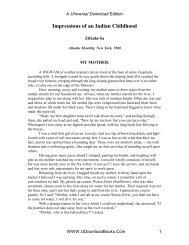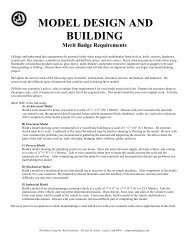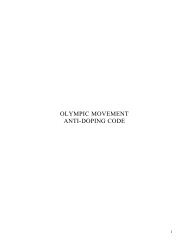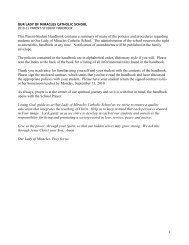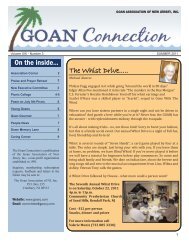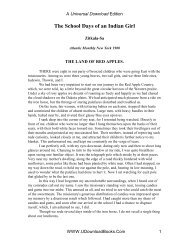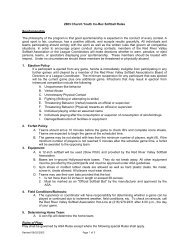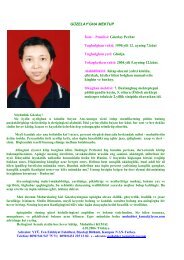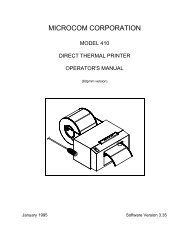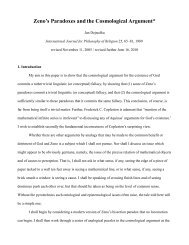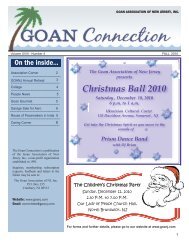Dummett's Backward Road to Frege and to Intuitionism - Tripod
Dummett's Backward Road to Frege and to Intuitionism - Tripod
Dummett's Backward Road to Frege and to Intuitionism - Tripod
You also want an ePaper? Increase the reach of your titles
YUMPU automatically turns print PDFs into web optimized ePapers that Google loves.
himself. He will always be the world’s best <strong>Frege</strong> scholar <strong>to</strong> me. I want <strong>to</strong> thank him for over fifty<br />
years of wonderful service not only <strong>to</strong> the community of <strong>Frege</strong> scholars, but <strong>to</strong> the world of philosophy<br />
at large. Thanks <strong>to</strong> his devotion <strong>and</strong> integrity, <strong>and</strong> his ability <strong>to</strong> bring out the huge volumes of thought<br />
implicit in <strong>Frege</strong>, he has done more than anyone <strong>to</strong> bring <strong>Frege</strong> <strong>to</strong> his rightful place in philosophy.<br />
Notes<br />
1. Dummett prefers the term “referents” (1981: 94; 1981a: 2).<br />
2. My (1979: 59–85), summarized in my (1982: 2–5), <strong>and</strong> updated in my (1996: 104–9; 2003: 104–9).<br />
All three provide a specific analysis explaining why <strong>Frege</strong>’s formally explicit definition of Number is<br />
implicitly <strong>and</strong> functionally a contextual definition, in contrast <strong>to</strong> Dummett’s general <strong>and</strong> conclusory<br />
paragraph (1995: 4–5). The heart of the analysis is that once we see that parallel completions of (A)<br />
identity statements about numbers, (B) statements of the equinumerosity of certain concepts, <strong>and</strong> (C)<br />
identity statements about the extensions of those concepts, are logically equivalent, the mediation of<br />
(B) can drop out <strong>and</strong> the identification of numbers with the extensions can take on a life of its own (<strong>and</strong><br />
this takes us <strong>to</strong> the later <strong>Frege</strong>). The end result is an explicit definition, just as Dummett says, but this is<br />
just a husk covering up the contextual work of (B)’s mediation. I mailed a copy of my (1979) <strong>to</strong><br />
Dummett in 1979. He never replied. I wonder if he ever received it. Imagine if he had recanted in 1979!<br />
3. Strictly, about the object that represents identity, namely, a double course-of-values.<br />
4. The geometry permutation is also a private language argument (compare Dummett 1981: 638–42). In<br />
Grundlagen, <strong>Frege</strong> uses private language arguments <strong>to</strong> show that numbers are mind-independently<br />
objective long before he uses the context principle <strong>to</strong> define numbers.<br />
5. This is not Quine’s sense, which involves a fact of the matter (Gibson 1987: 147; Quine 1987: 155).<br />
6. Grundgesetze vol. 1, §§ 0, 30; <strong>Frege</strong> (1980c: 36–37; 1970d: 42–43; 1970f: 59–61).<br />
66




